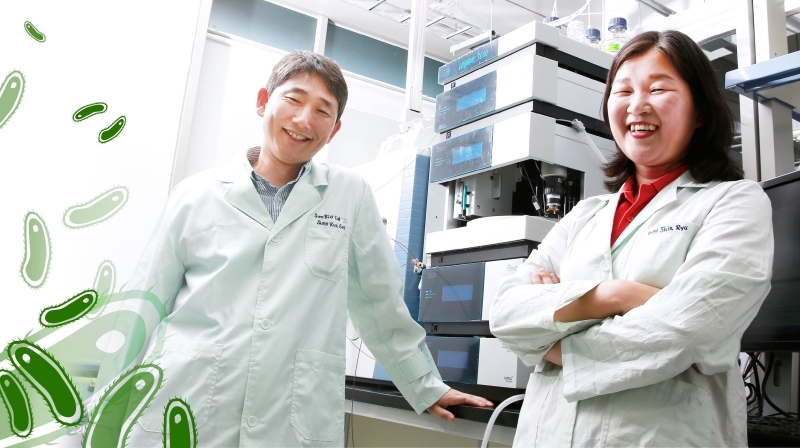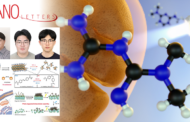Due to the current environmental problems, such as depletion of natural resources, much attention has been paid to the use of biomass as an alternative energy source. However, because biomass is biological material derived from living organisms, the conversion of biomass into energy production can be very costly. New research findings announced today offers a more effective, economic, and sustainable production of biofuels.
In a study published July 2 in Metabolic Engineering, Prof. Sung Kuk Lee (School of Energy and Chemical Engineering) presents super-microbes that is capable of producing xylitol from non-food resources.
According to Prof. Lee, “This newly developed material, GXZ, a CX50-derived strain produces xylitol efficiently and will be useful in industrial-scale production.” He continues by saying, “This new approach will open a whole new chapter in Bio-Refinery industry.”
“This can serve as a platform to engineer strains that completely metabolize xylose and glucose into other useful biochemicals,” says YoungShin Ryu, the first named author of the research.
This work has been supported by the National Research Foundation of Korea (NRF) through grants funded by the Ministry of Science, ICT & Future Planning (MSIP) and by a grant from the Next-Generation Bio Green 21 Program, Rural Development Administration, Korea.
Journal Reference:
Suk Min Kim, Bae Young Choi, Sung Hun Jung, Jung Min Park, Goo-Hee Kim, and Sung Kuk Lee,“Simultaneous Utilization of Glucose and Xylose via Novel Mechanisms in Engineered Escherichia Coli.” Metabolic Engineering, Vol. 30, Pages 141-148 (July 2015).












